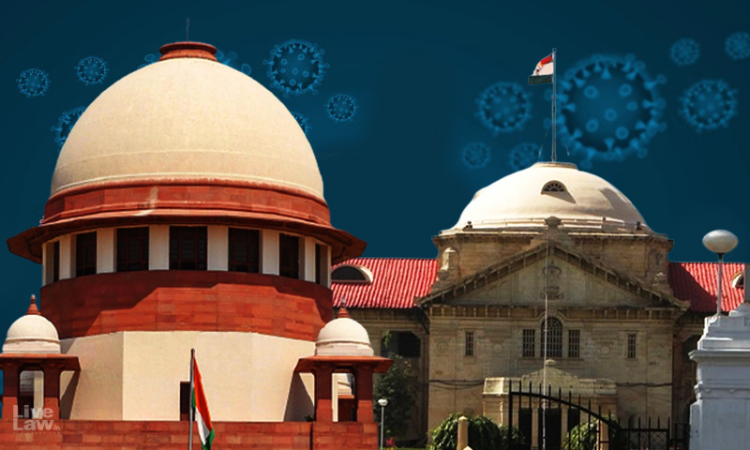"Would Like To Hear Respondent-Accused": SC Asks UP To File Rejoinder In Challenge Against Bail On The Ground Of Apprehension Of Death Due To COVID
Mehal Jain
5 Aug 2021 7:53 PM IST

Arguably, Allahabad HC granted anticipatory bail on the sole ground of apprehension of death due to Covid-19.
Next Story


